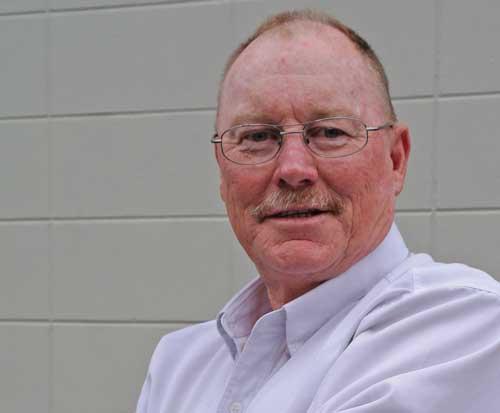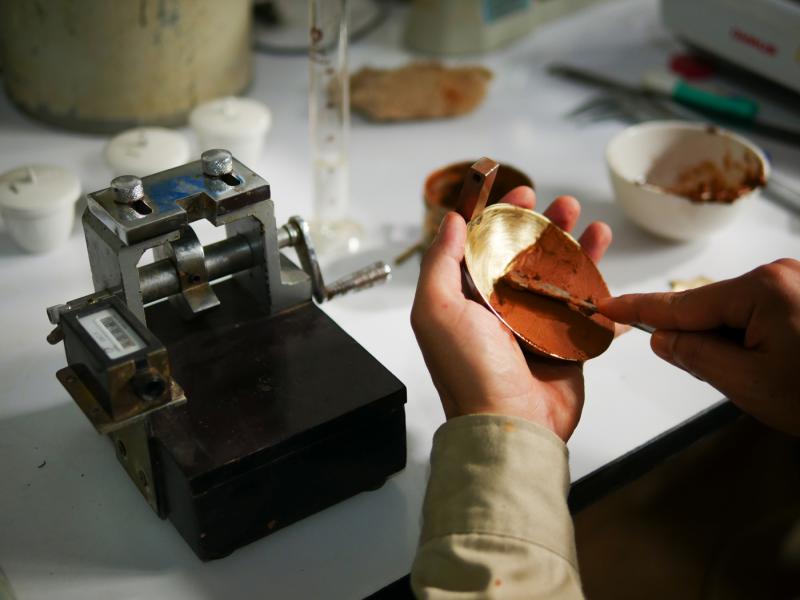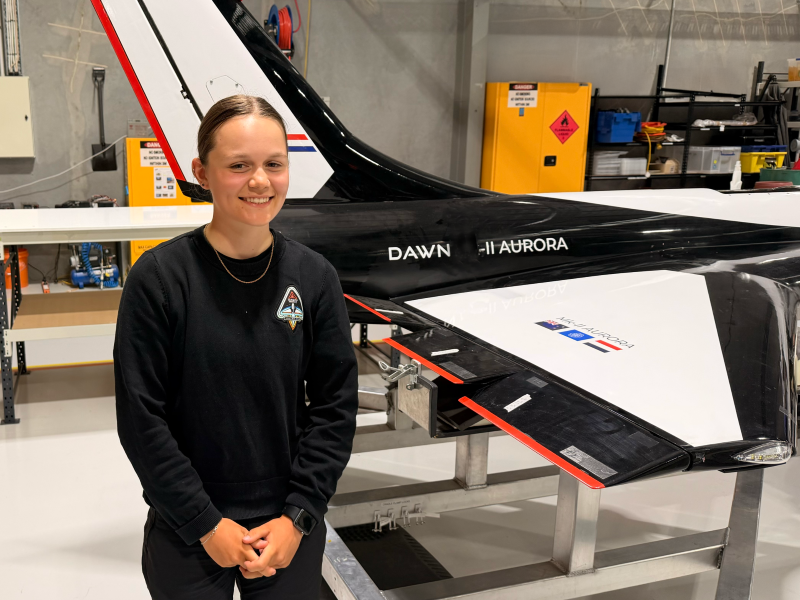Senior managers of engineering firms need to do more for their younger staff by having them attend industry training seminars and conferences.
Larry Wiechern, a senior lecturer of engineering at the Manukau Institute of Technology, says he is disappointed by the level of support he sees from the industry for upskilling “the next generation of specialists”.
He points to three conferences he attended last year where few young engineers were present to hear international guest speakers and highly skilled NZ and Australian practitioners highlight the requirements for the manufacturing industry to operate more efficiently.
Wiechern, who is also manager of the institute’s maintenance and reliability centre, says:
“Each conference was well supported by engineering product sales companies demonstrating their support to the industry. But many of the paid engineering attendees were older and ready to be put out to pasture…they should be handing the reins to the younger employees by now.
“Where are the young people that should be attending events such as this? They are just not there.
“Organisers of events such as these go to an awful lot of trouble to bring in international speakers and local experts to help make New Zealand manufacturing sharper and better focused, but I see no evidence that these older engineering and account managers are implementing the ideas they pay to hear about.”
Wiechern says he sees “very little sign” of firm’s investing in upskilling their operators, young tradesmen and young graduates and says more needs to be done on moving into the field of the reliability department.
“Young engineers need to know about things such as vibration, balancing, ultrasonics, thermography, oil analysis etc, the reasons for a lubrication audit, and issues such as the correct techniques for fitting bearings – there are bearing failures from one end of New Zealand to the other – all caused by a lack of ongoing training.
“I think if you send the right people for training then they will be the driving force behind discovering those first signs of trouble at a plant.”
Wiechern says training courses run in partnership with SKF attracted just five people in November last year, with an earlier one having just two people register.
Counterfeit products
One of his concerns is that engineers are not educating themselves about the high volume of counterfeit products entering the market.
“They have no idea about the dangers and high failure cost when implementing a suspect product into their industry,” says Wiechern. “From counterfeit oils that are starting to surface, to counterfeit refrigerants, bearings, transmission products and gearboxes.
“There are also issues with low quality heat treated steel being imported. Poorly manufactured threads, under tolerance, drunken threaded nuts, the list goes on and on.
“The only way people can pick this up is by attending conferences and seminars and appreciating the high cost of failure should those lessons be ignored.”
To help companies free up staff for industry training seminars Wiechern has reformatted the seminar programme for 2013 with several half-day events.
“It means people need only come along for three and-a-half hours and then they can get back to work,” says Wiechern.






